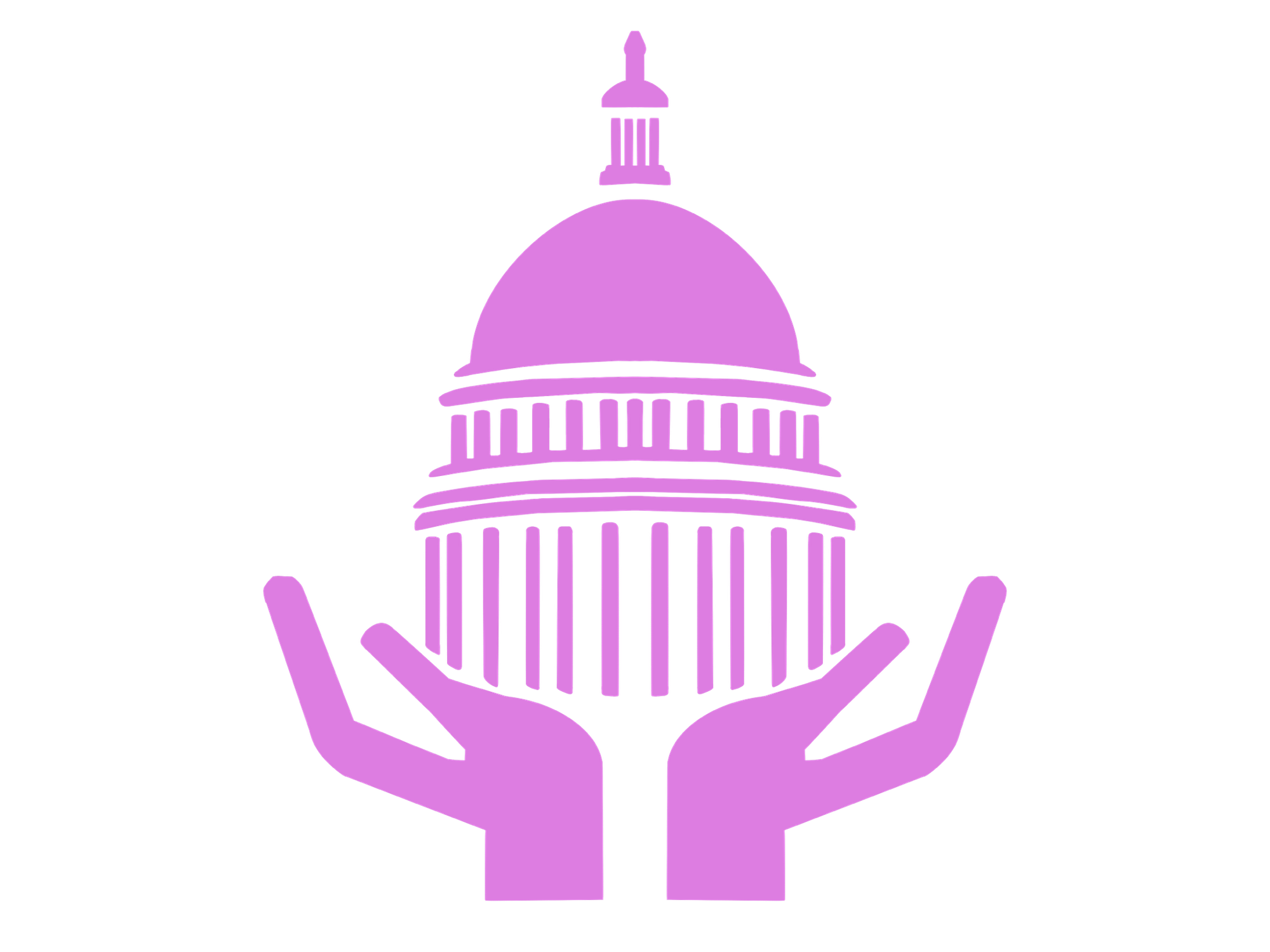OPINION: THOUGHTS ON THE ELECTION
Well... it's final. Donald Trump is going to be the 47th president of the United States. I know, a little outdated, but I started writing this the day after the election was officially over.
Being completely transparent, it has taken me a while to process the results because this year’s election felt like a transformative moment in our democratic process—a moment where the US ultimately failed to rise to the occasion. I felt hopeless because I care so deeply about government and making politics work for people. I took a brief break from following policy, and everyone at Constitulink did the same. This upcoming January, we will be back and better than ever, with some new civic education programs launching and more updates to the website.
Anyway, enough about me; back to those thoughts on the election. Be warned, however: I will be practicing a "weave" of my own, as President-elect Trump so eloquently puts it. This piece may be slightly confusing, but I hope you find it worthwhile to read.
These are just some thoughts of mine.
This November, the American electorate collectively opened a door it never thought it would have to open again, only to find a familiar figure standing there with a bemused smile, dancing to "Y.M.C.A." The results shouldn’t just challenge my personal preconceptions; they should shift our understanding of what American democracy can—and should—represent.
A month later, I earnestly believe this election was not decided solely by platforms or policies but by the relentless nature of fear. There was a weariness that ran deep in the fabric of our country, a sense that every debate, every town hall, and every political ad was eroding something essential, something we’d always taken for granted: elections, for all their flaws, tend to reward aspiration over cynicism, constructive plans over destructive rhetoric. This year was different. We have an obligation to discover why. Was it really the "trans issue" or the war in Ukraine or economic woes? We need to answer this question before we can move forward.
Right now we are staring down four more years defined by the same relentless spectacle the liberal elite was convinced could never return. We must now reckon with the fact that the trust we tried to restore in our nation’s institutions—courts, Congress, the free press—feels more at risk than before. I have never been one to blindly protect institutions; however, these next four years we have an obligation to—not blindly, but smartly. Considering the Dobbs decision, the Democrats could easily shift their branding and become the party dedicated to protecting our constitution and the rights of the American people. Look on the bright side; the assault on our democracy's institutions can't be all bad; at least Republicans aren't claiming election fraud because their guy actually won this time, right?
I keep coming back to the idea of a “transformative moment” because it suggests possibility as much as it suggests loss. Transformations are, by definition, not limited to positive outcomes. Sometimes nations begin a new era of progress and inclusion, and sometimes they fail to elect the first female president and choose to stumble backward into a swamp of old resentments and recycled grievances guarded by an angry orange ogre. Who am I to judge? Jokes aside, what we are witnessing is not the beginning of a clear, linear progress but rather a highly volatile cycle—one that rotates between extremes, never allowing the country to settle into a predictable pattern. If that’s the case, we might have to face the uncomfortable truth that a stable, consensus-driven democracy is a relic of a bygone era, and we need to navigate a more volatile political landscape, one where no victory is permanent and no loss irreparable. Pundits love to use the buzzword of a "change election." Well, every US election since 2012 has been a "change election." Why would the trend stop now?
Quick reminder: you are not required to accept transformation passively. If anything, recognize this election as a warning that the fight for the soul of the nation didn’t end at the ballot box; it’s merely shifted arenas and battlefields. Our focus ought to shift to what citizens do in the time between elections: the conversations we have with neighbors, the volunteer work we pursue, the local meetings where we press for accountability and transparency. How we treat each other in these times, how we choose to engage in civic life rather than withdraw into cynicism, may determine whether this transformation accelerates or sparks a determined effort to rebuild decency in the politics. Let's not talk about 2026 quite yet.
As the dust settles, there will still be those who believe in the underlying values that formed the bedrock of American democracy. We have a community and this website is just one space for discussion (make an account and post a comment). We will need to find each other to organize and resist the irresistible pitfall of despair. There needs to be fresh faces to tell stories about who we are as a nation and what we can still become. In doing so, we might discover that in transformative moments we can uncover renewed purpose. The history of the United States, after all, has been defined by moments when catastrophe or disappointment spurred extraordinary acts of creativity, courage, and reinvention.
I am unashamed in my criticism of this country because I know we can do better. This election’s outcome may feel like a failure, but if there’s one enduring truth about our country, it’s that it’s never entirely done becoming itself. The question that remains is what version of “America” emerges after these four years—and how ready we will be when the next transformative moment arrives. I, for one, am choosing to be hopeful.
*All opinions expressed in this article are those of the author and do not reflect on Constitulink. Subscribers do not receive any partisan material in email format.
